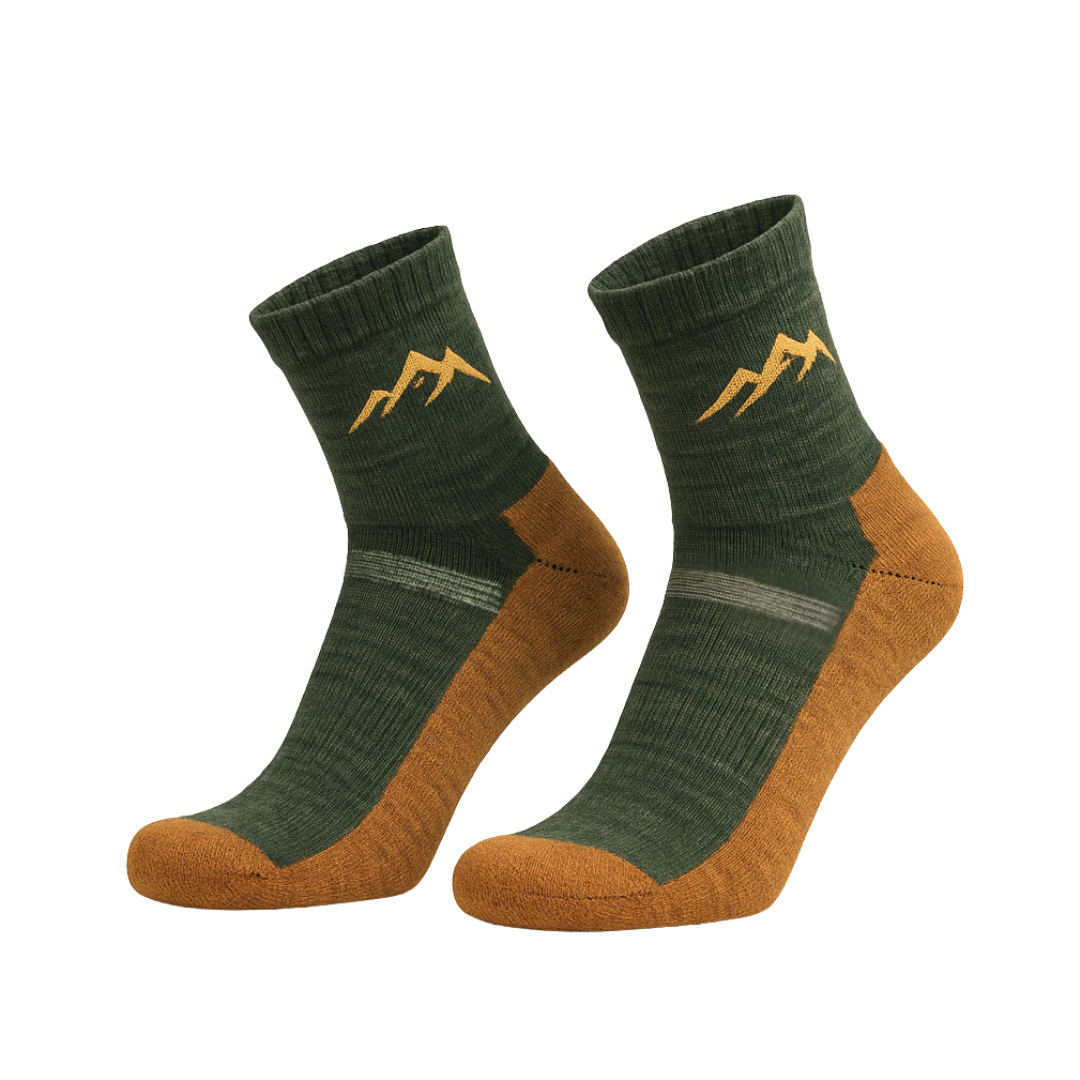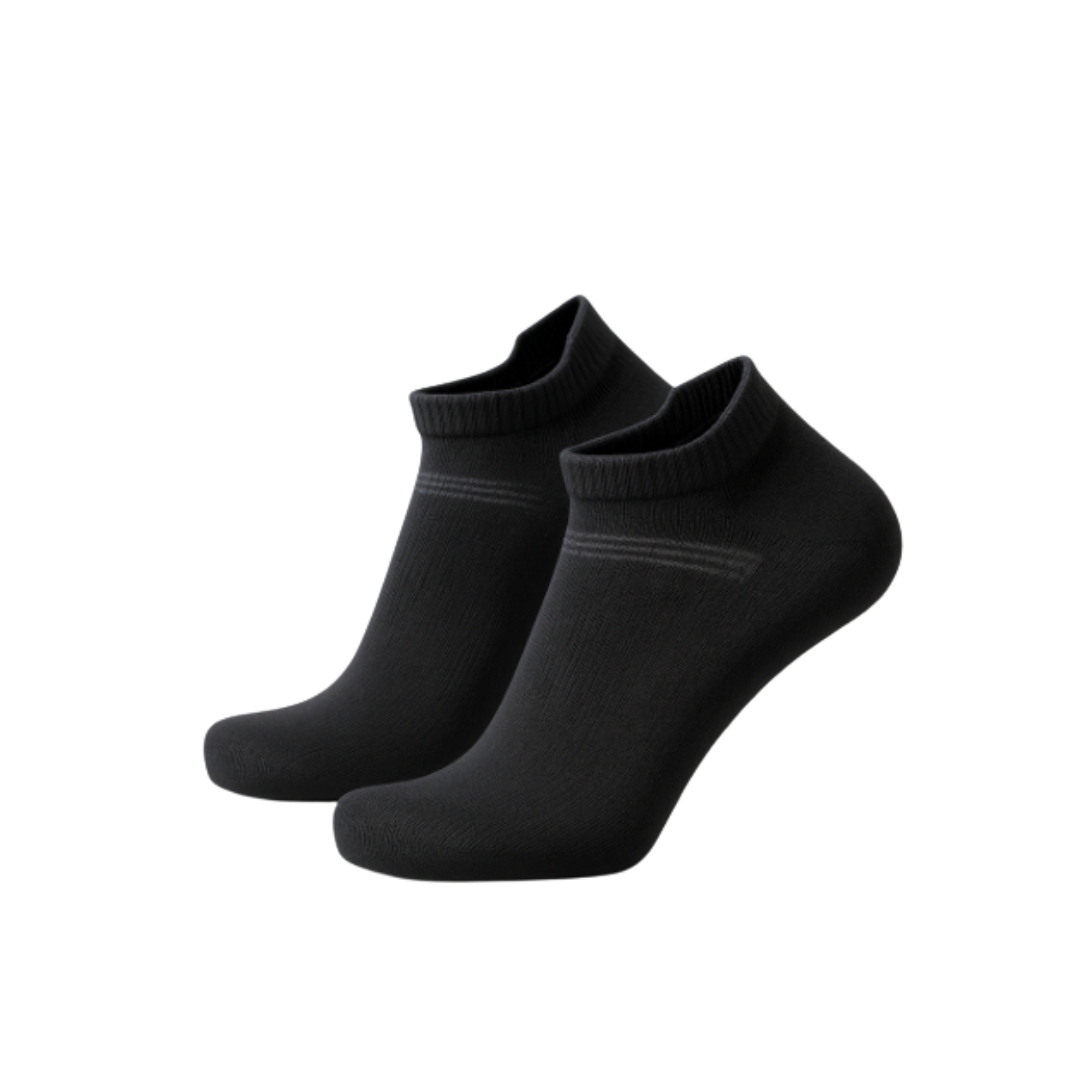Alpaca Wool

What Makes Alpaca Wool Unique?
Alpaca wool, also known as alpaca fiber, has been treasured for centuries by Andean communities – and for good reason. In recent years, it has gained global attention as a premium alternative to merino wool and synthetic performance fibers. From high-altitude survival to everyday luxury, alpaca wool stands out for its comfort, performance, and sustainability.
1. Superior Temperature Regulation
Hollow fiber structure: Nature’s insulation system
Alpaca fibers are partially hollow, unlike most other natural fibers. This unique structure traps warm air in cold conditions and releases excess heat in warm temperatures. It acts like a natural thermostat – one that keeps your body comfortable regardless of weather.
Year-round comfort – warm in the cold, cool in the heat
Whether you’re trekking through snow or hiking under the summer sun, alpaca wool adapts. It outperforms merino wool in insulating warmth-to-weight ratio and breathes better than synthetics, keeping you comfortable in every season.
2. Moisture Wicking & Management
Low moisture retention = faster drying
Alpaca wool absorbs significantly less moisture than merino wool or other wool types – around 8% of its weight compared to merino's 30%. This means alpaca fibers stay lighter and dry much faster. While both alpaca and merino wick moisture effectively, alpaca doesn’t hold onto sweat, making it especially suitable for multi-day use without discomfort or dampness.
Comparison with traditional wool and synthetics
Wool in its natural state wicks moisture effectively, but treatments like Superwash (often used in merino garments) can reduce this ability. Synthetic fibers may wick, but often retain odor and lack the natural thermoregulation of wool. Alpaca retains its natural moisture management without chemical alterations, giving it an edge in both performance and longevity.
3. Naturally Antibacterial and Odor-Resistant
Less washing, more wearing – ideal for travel and sport
Alpaca wool resists bacterial growth naturally, which means it stays fresh longer. You can wear alpaca garments multiple times before they need washing. For travelers, hikers, and anyone living an active lifestyle, this means less laundry and less odor.
Comparison with traditional wool and synthetics
While merino also boasts antibacterial properties, alpaca's smoother fiber surface and lower moisture retention make it even more effective. Synthetic fabrics, by contrast, tend to absorb oils and odors over time.
4. Hypoallergenic Qualities for Sensitive Skin
No lanolin – no itching or irritation
One of the main reasons people avoid wool is because "wool itches." This irritation is often caused by lanolin, a waxy substance present in sheep's wool. Alpaca wool contains no lanolin, making it naturally hypoallergenic.
Why allergy-prone users choose alpaca over other wool types
Many with wool allergies or sensitive skin find alpaca garments perfectly comfortable to wear. Its fine micron count and smooth fiber surface reduce the chance of irritation significantly.
5. Exceptional Breathability
Air circulation without bulk
The porous nature of alpaca fiber allows air to circulate freely, preventing overheating even when you’re exerting yourself. This breathability keeps your skin dry and your core temperature stable.
Perfect for layering and high-output activity
Thanks to its temperature regulation and low bulk, alpaca wool is ideal as a base or mid-layer. It offers serious performance without restricting movement or trapping excess heat.
6. Lightness and Strength Combined
Lightweight warmth without compromise
Alpaca wool is noticeably lighter than merino wool for the same warmth level. This makes it perfect for ultralight packing or anyone wanting warmth without the weight.
Durable without being bulky
Despite its softness, alpaca fiber is strong and resilient. Garments made from it hold their shape, resist pilling, and handle tough use without wearing out quickly.
7. Heat and Fire Resistance
Natural flame-retardant properties
Alpaca fiber doesn’t melt or drip when exposed to heat. It’s naturally flame-resistant and self-extinguishing, making it a safe choice for camping, cooking, or sitting by the fire.
Ideal for outdoor gear and demanding conditions
From base camps to open flame environments, alpaca wool brings peace of mind without sacrificing comfort or performance.
8. Eco-Friendly and Animal-Friendly Fiber
Low impact grazing and methane output
Alpacas tread lightly on the Earth. Unlike goats or sheep that tear plants up by the root, alpacas nibble gently, leaving vegetation to regrow. They also produce significantly less methane, making their environmental impact smaller.
Ethical shearing and small-scale farming
Most alpaca wool is harvested in small-scale farming communities, especially in the Andes, where traditional, humane practices are maintained. No intensive farming, no factory-scale exploitation.
9. Easy Care and Longevity
Stays fresh longer – fewer washes needed
Because alpaca is odor-resistant and naturally antibacterial, garments don’t need frequent washing. This helps extend product lifespan and reduces water and energy consumption.
Resists pilling and keeps its shape
Unlike many wool garments, alpaca clothing resists pilling and maintains its structure, even after repeated use.
Summary: Why Alpaca Wool is the Ultimate Performance Fiber
Alpaca wool combines the best of nature’s engineering: temperature control, fast drying, softness, breathability, and durability. Compared to merino wool and synthetic alternatives, it offers cleaner performance, longer wear, and a lighter environmental footprint. Whether you're hiking, commuting, or relaxing at home, alpaca is the next-level wool.




